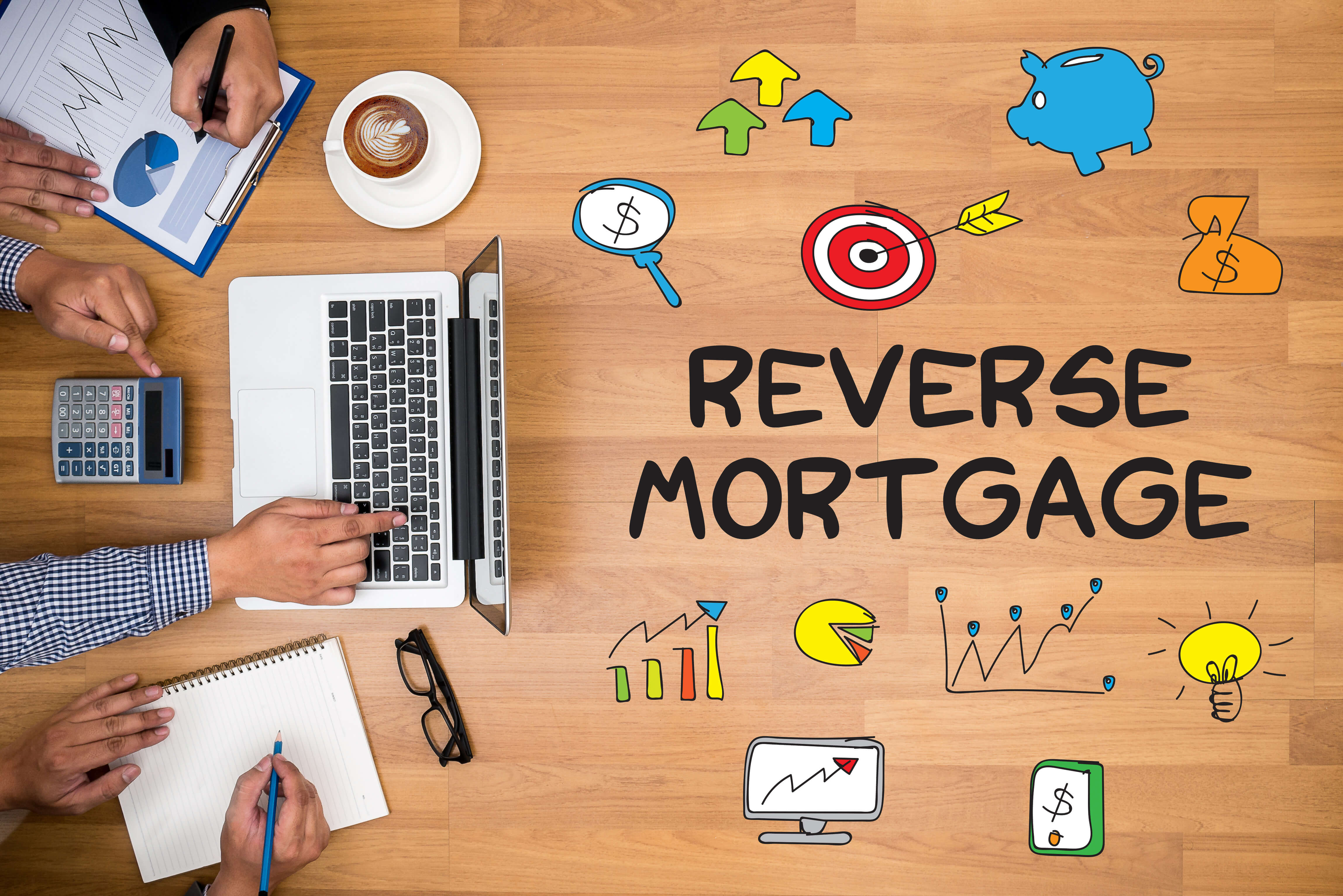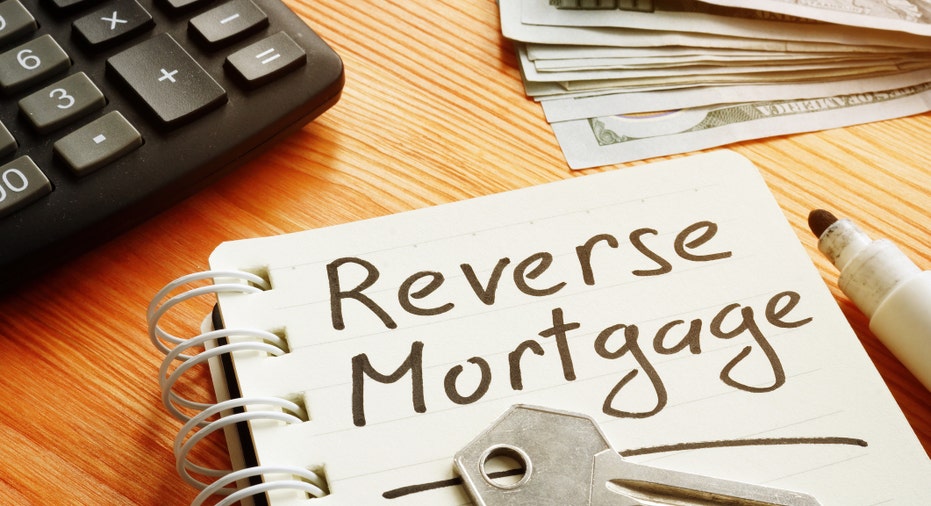If you don’t know what a reverse mortgage is, it allows the applicant to receive equity without selling your home. The concept is also called equity release, which means you can borrow more than half of the value of your house.
However, reverse mortgage depends on a few factors to receive the maximum amount. These are:
- Age
- Appraisal value of your home
- Lender
Remember, readers, you do not need to make payments related to a reverse mortgage until the loan is due. However, a reverse mortgage will result in more interest when the loan is prolonged. As a result, your home value will decrease too.
Table of Contents
Who Is Eligible For A Reverse Mortgage In Canada?
You can apply for a reverse mortgage if you
- Own a house
- Are at least 55 years old
Upon applying for a reverse mortgage, the lender will
- Inquire about your age as the homeowner and other members living inside the house
- The location of the house
- The house type, appraised value, and its condition.
A reverse mortgage application is not complete without listing every inhabitant’s name on the application. Furthermore, these individuals must be more than 55 years old to apply for a reverse mortgage.
Furthermore, the lender will ask the applicant and other members to seek reverse mortgage legal advice. Consequently, the lender will require proof of legal advice before initiating the procedure.
You can ask the lender to provide options regarding a reverse mortgage. Inquire about their fees, restrictions, penalties, and other options before signing the papers, or contact with some one with expertise like fee based financial planner.
How Does A Reverse Mortgage Work In Canada?
Before applying for a reverse mortgage, clear yourself of all previous outstanding loans or liabilities related to your home. This could be a mortgage or a long-term bank loan. Upon receiving the reverse mortgage, you can use the money to pay the regular mortgage.
The remainder money can be used on:
- Home improvements and repairs
- Payment of utility bills
- Covering health expenses
- Repayment of debts

What Is The Cost Of A Reverse Mortgage?
The following expenses are linked to a reverse mortgage
- A more-than-usual interest rate than a traditional mortgage
- A fee for the home appraisal
- Processing or set up fee
- A pre-payment fine for paying off the reverse mortgage before its due date
- Legal costs such as seeking advice
These costs are dependent on the lender offering a reverse mortgage. As per their decision, some costs are included in the reverse mortgage, while others have to be paid before the process starts.
Advantages And Disadvantages Of Reverse Mortgage
Before you decide to place your home in a reverse mortgage, you must understand its benefits and drawbacks to make an informed decision.
Reverse Mortgage Advantages
- Elimination of payments against the regular loan
- No taxes on the reverse mortgage borrowed amount
- The reverse mortgage does not adversely affect the Guaranteed Income Supplement and Old-Age Security.
- You are still the owner of your home
- Flexible options regarding receiving the money.
Reverse Mortgage Disadvantages
- The interest payment is the dominant part of a reverse mortgage payment
- The house equity will reduce as the interest accumulates due to payment failure or prolonged repayment period.
- The legal representatives are responsible for repaying interest and loans under the allotted time after you die.
- Inheritance and settling complications may take more time to settle than the time allotted for the reverse mortgage payment.
- Reduced home equity means lesser money as inheritance passed on to beneficiaries.
- The costs related to mortgage payments are more compared to a traditional mortgage.
About Us
Do you seek expert advice about reverse mortgages in Canada? Consult with Merrick Financials Inc. to guide you correctly through the complicated process. The professional advice is based on a flexible repayment plan and possible shortfalls you may experience. Visit the website to learn more about our services.

